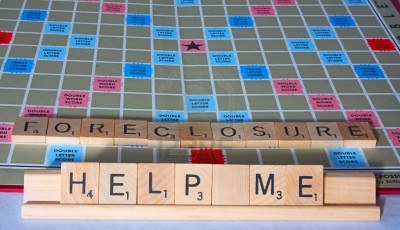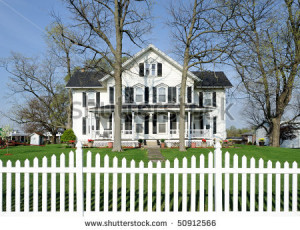Help for New Jersey Residential Foreclosures: Do Not Lose Your Home – Help is Here!
 Families across New Jersey are facing difficulties paying their home mortgages and facing foreclosure. There are many steps that can be taken to avoid foreclosure and keep the home. The important thing is to do something.
Families across New Jersey are facing difficulties paying their home mortgages and facing foreclosure. There are many steps that can be taken to avoid foreclosure and keep the home. The important thing is to do something.
Homeowners facing foreclosure should seek counsel from an experienced New Jersey real estate attorney who can ensure that your rights are protected. For example, before banks can foreclose on a home they must follow a step by step procedure. Banks must first send a notice to the mortgagee (the person who owes the money) and advise of the intent to foreclose. Foreclosure notices must allow at least thirty days to cure defaults and must have certain information which is required by law. For example, the notice must conspicuously identify the real estate which is the collateral for the loan, describe the default, and advise the homeowner of the right to cure. The foreclosures notices must also provide the amount necessary to cure as well as the name, address, and telephone number of the person to whom payment should be made. Banks which fail to provide this required notice will not be permitted to foreclose.
In New Jersey, banks are permitted to file a lawsuit to foreclose on a residential home thirty days after a homeowner has been served with a foreclosure notice. Time becomes critical once a homeowner is served with a complaint. Answers to complaints must be filed within thirty-five days after receipt of the summons and complaint. Failure to file an answer will result in default and the case will being deemed uncontested – in other words, the foreclosure will be treated as unopposed.
Banks may obtain a judgment for foreclosure very quickly once a matter is deemed uncontested. Banks are only required to mail a notice to the homeowner and advise that she has fourteen days to cure default and that upon entry of a foreclosure order the mortgagee will forever lose the right to cure the default.
Continue reading
 New Jersey Lawyers Blog
New Jersey Lawyers Blog


 New Jersey homeowners who file for chapter 13 bankruptcy protection may be able to cease paying their second mortgages if their homes are “underwater.”
New Jersey homeowners who file for chapter 13 bankruptcy protection may be able to cease paying their second mortgages if their homes are “underwater.”